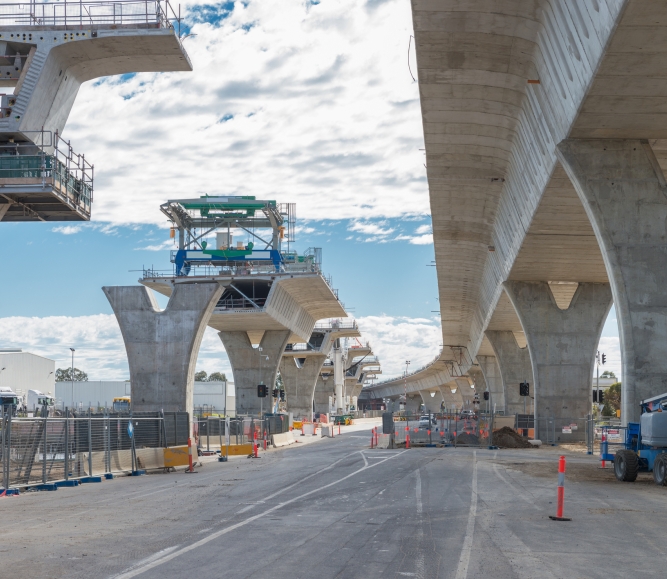Congress turns to continuing resolution to fund government as negotiations over FY 2022 spending, the debt ceiling, infrastructure and reconciliation continue
Author

Eryn Hurley

Seamus Dowdall
Upcoming Events
Related News

Key Takeaways
The U.S. Congress is currently undergoing several concurrent negotiations around budget reconciliation, the bipartisan infrastructure bill, Fiscal Year (FY) 2022 appropriations and raising the debt ceiling. With government funding set to expire on September 30, the U.S. House of Representatives plans to vote today, September 21, on a continuing resolution (CR) that would fund the government at current levels through December 3, as Members of Congress continue to work towards an agreement on final FY 2022 spending levels. House Democrats also plan to include a suspension of the debt limit through December 2022 to the stopgap spending bill.
The U.S. is currently estimated to reach its borrowing limit by mid-October, and if action is not taken before then the government could default on its debt for the first time in the nation’s history. Raising the debt limit does not incur new federal debt, but it is a statutory requirement to allow for previously approved borrowing. Counties support raising the debt limit and welcome a conversation about long term debt and deficits. However, while a CR with a debt ceiling suspension is expected to pass the House, Senate Republicans have said they would oppose such a measure. If a short-term spending measure is not passed prior to September 30, the end of the current fiscal year, certain functions of the federal government will cease to operate.
At the same time, negotiations around reconciliation and the bipartisan infrastructure bill are ongoing. Senate Majority Leader Chuck Schumer (D-N.Y.) and House Speaker Nancy Pelosi (D-Calif.) have committed to moving the Infrastructure Investment and Jobs Act (IIJA) and the $3.5 trillion reconciliation in tandem, and Speaker Pelosi has pledged to hold a vote on IIJA in the House by September 27.
However, pursuing this two-track approach to infrastructure and reconciliation continues to be a delicate balancing act for Democratic leadership. Passage of the reconciliation package will require approval from all members of the Democratic caucus in the Senate, and all but three in the House. Some Democrats in the Senate, including Sens. Krysten Sinema (D-Ariz.) and Joe Manchin (D-W.V.), have expressed reluctance to pass a $3.5 trillion reconciliation bill. However, most Democrats in the House are standing firm on their goal to move infrastructure and reconciliation forward together.
As negotiations progress over infrastructure, reconciliation, FY 2022 spending and the debt ceiling, NACo will continue to advocate for county priorities.
Resource
Implementing Infrastructure Investments at the County Level: The Bipartisan Infrastructure Law (P.L. 117-58)

Related News

U.S. House members introduce NACo-endorsed, bipartisan BASICS Act to improve transportation programs for local infrastructure
On February 9, Reps. Kristen McDonald Rivet (D-Mich.) and Robert Bresnahan (R-Pa.) introduced the Bridges And Safety Infrastructure for Community Success (BASICS) Act.


